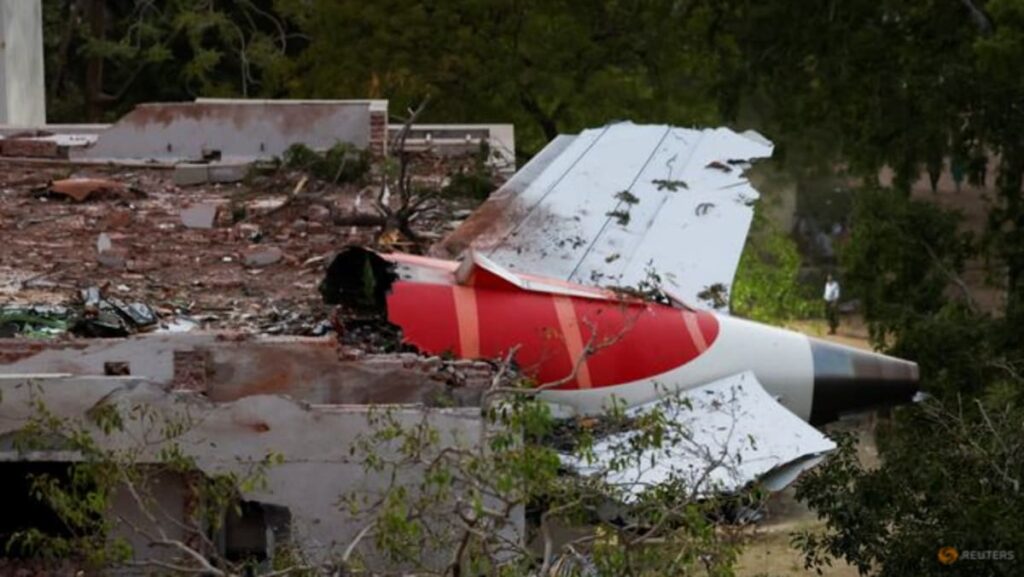“ABSOLUTE SHAMBLES”
Founded in 1932 by entrepreneur JRD Tata and nationalised by the Indian government in 1953, Air India was again taken private in 2022 by the Tata Group.
At the time, SIA’s Vistara stake converted to 20 per cent in the new Air India group. SIA bought another 5.1 per cent for S$360 million. The Singapore carrier group also committed to investing another S$880 million to build up the Indian carrier, which has been led by former SIA staffer and Scoot founding CEO, Campbell Wilson, since 2022.
The new Air India – now well-capitalised, operating a fleet of 198 planes with an order of 570 more and controlling roughly 30 per cent of India’s domestic market – was meant to be a rising star in one of the world’s fastest-growing aviation sectors.
Mr Wilson had often spoken of turning Air India into “one of the best airlines in the world”. It was no doubt challenging, seeing as how Mr Wilson described the airline as being “just in absolute shambles” when Tata resumed ownership.
Now, the crash of the Boeing 787-8 plane has raised hard questions, chief among them the airline’s historically poor safety record.
Prior to its privatisation in 2022, decades of neglect and under-investment caused Air India to have one of the worst safety records among Indian – if not Asian – carriers, with six accidents and 49 serious incidents between 2013 and 2022.
That said, the airline has made huge strides in safety over the past three years following its takeover by Tata and SIA. In fact, it received its International Air Transport Association’s IOSA safety certification last year and has introduced a slew of new crew safety protocols. AirRatings.com gives the airline a top seven out of seven ranking for safety.
Even if investigations eventually absolve the airline of fault, the crash will nonetheless have punctured the fragile confidence that had begun to build.

